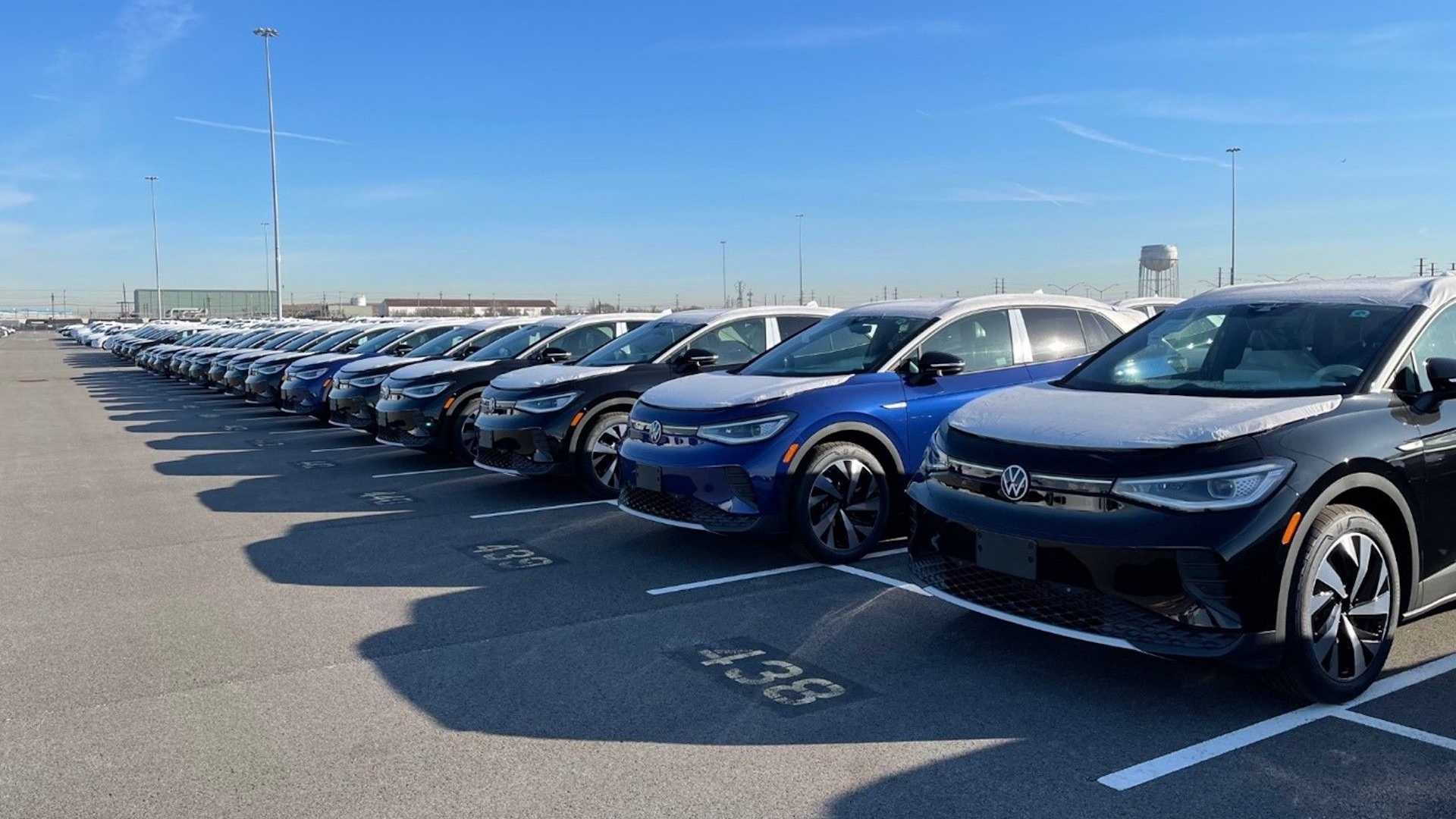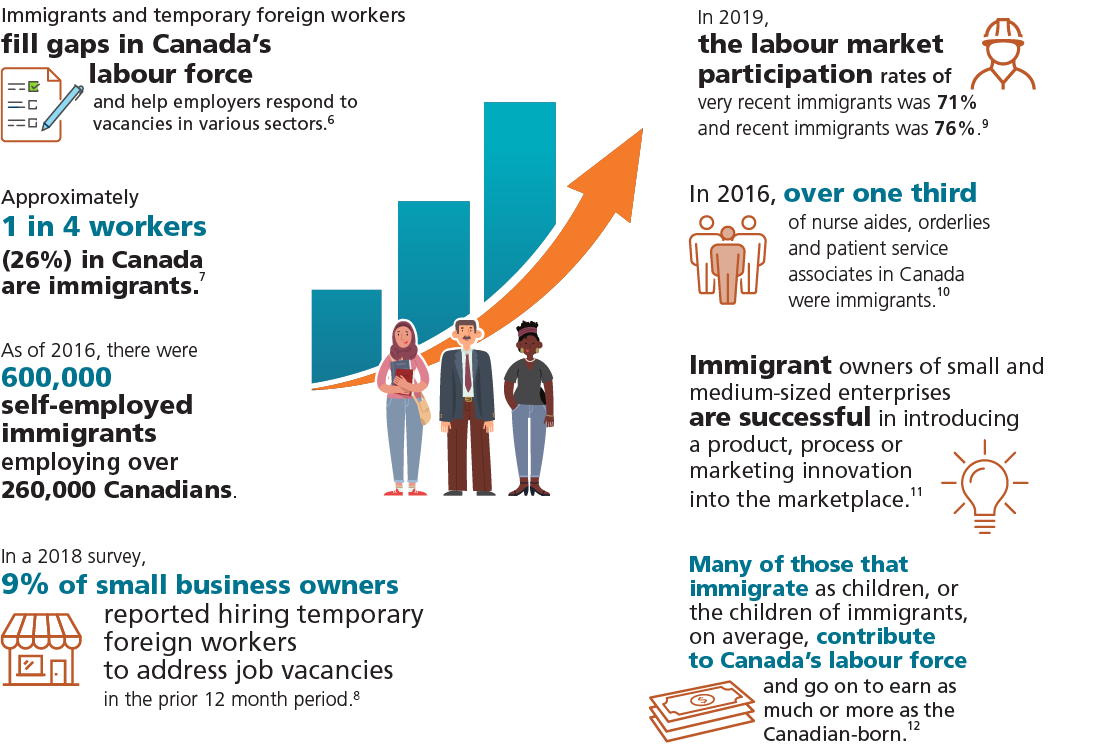Dealerships Step Up Pressure Against Mandatory EV Sales

Table of Contents
The automotive industry is facing a pivotal moment. Governments worldwide are pushing for aggressive electric vehicle (EV) adoption, often through mandatory sales quotas. This has created a growing rift between policymakers and car dealerships, leading to a significant escalation of pressure against these mandates. Dealerships Step Up Pressure Against Mandatory EV Sales is not just a headline; it's a reflection of deep-seated concerns about the feasibility and impact of these rapid transitions. The consequences of forcing this change could be significant, potentially affecting both dealership viability and consumer access to affordable and convenient transportation options. This article will delve into the reasons behind the dealerships' opposition and analyze the potential ramifications for the future of the electric vehicle market.
Financial Concerns and Infrastructure Readiness
The transition to an all-electric vehicle fleet presents significant financial hurdles for dealerships. Adapting to an EV-centric model requires substantial upfront investment. Dealerships must invest in specialized training for their sales and service staff to handle the unique aspects of electric vehicle maintenance and repair, including high-voltage battery systems and charging infrastructure. They also need to invest in new charging equipment, both for their service departments and potentially for customer use. This is a significant cost that many are finding difficult to justify.
Concerns about return on investment (ROI) are paramount. The current market penetration of EVs, while growing, remains relatively low in many regions. Uncertainty about future consumer demand and the profitability of EV sales compared to internal combustion engine (ICE) vehicles weighs heavily on dealership owners. Many fear that mandated EV sales targets will force them to shoulder massive expenses with no guarantee of sufficient revenue generation in the short term. The lack of robust charging infrastructure further exacerbates this issue. Many areas lack the necessary public charging stations to support widespread EV adoption, creating a significant barrier to entry for both consumers and dealerships.
- High cost of EV-specific equipment and training (specialized tools, software, technician certifications).
- Uncertainty about consumer demand for EVs in the short term, impacting inventory management and profitability.
- Insufficient public charging infrastructure in many regions, limiting consumer confidence and hindering sales.
- Concerns about the profitability of EV sales compared to ICE vehicles, particularly in the early stages of mass adoption.
Consumer Demand and Market Readiness
A critical element often overlooked in the push for mandatory EV sales is the gap between government targets and actual consumer demand. While governments are setting ambitious goals for EV adoption, the reality is that consumer readiness lags significantly. Several factors contribute to this disparity:
Many consumers remain hesitant due to range anxiety – the fear of running out of battery charge before reaching a charging station. Charging times, which are often longer than refueling a gasoline car, also pose a significant obstacle. Furthermore, the high initial purchase price of many EVs compared to gasoline-powered vehicles presents a substantial barrier for budget-conscious consumers. The limited choice in EV models and body styles further restricts consumer options, hindering widespread adoption.
- Range anxiety remains a significant barrier for many potential EV buyers, impacting their willingness to switch.
- High initial purchase price of EVs compared to gasoline-powered cars restricts accessibility for many.
- Limited choices in EV models and body styles fail to cater to the diverse needs and preferences of all consumers.
- Concerns about battery lifespan, replacement costs, and the environmental impact of battery disposal.
The Role of Government Incentives and Support
While government incentives like tax credits and rebates play a role in boosting EV adoption, their current effectiveness is questionable. Many argue that these incentives are insufficient to overcome the financial barriers and address the infrastructure deficit. The government's role should extend beyond offering incentives. A more holistic approach is needed, one that addresses both consumer concerns and the challenges faced by dealerships. Increased investment in public charging infrastructure is critical to alleviate range anxiety and encourage wider EV adoption. Public awareness campaigns are also necessary to dispel misconceptions and educate consumers about the benefits of electric vehicles.
- Evaluation of existing government tax credits and rebates—are they sufficiently impactful?
- The need for increased investment in public charging infrastructure, ensuring convenient and widespread access.
- Public awareness campaigns to address consumer misconceptions about EVs, range anxiety, and charging infrastructure.
- Potential for alternative policies like stricter carbon emission standards, promoting gradual EV adoption without stringent sales mandates.
Dealerships' Proposed Alternatives and Solutions
Rather than imposing rigid mandates, dealerships advocate for a more collaborative and phased approach to EV adoption. They propose a gradual increase in EV sales targets, allowing them to adapt their infrastructure, training, and inventory management strategies accordingly. This phased implementation would minimize financial risk and ensure a smoother transition for both dealerships and consumers. Increased government support for infrastructure development, coupled with investment in consumer education programs, would foster greater consumer confidence and accelerate EV adoption organically. Collaboration between dealerships, manufacturers, and the government is essential to create a sustainable EV ecosystem that benefits all stakeholders.
- Phased implementation of EV sales targets, allowing dealerships to adapt gradually.
- Increased government support for infrastructure development, especially public charging stations.
- Investment in consumer education and awareness programs to address common concerns and misconceptions.
- Collaboration between stakeholders (dealerships, manufacturers, government) to develop effective, mutually beneficial solutions.
Conclusion: Navigating the Challenges of Mandatory EV Sales for Dealerships
Dealerships' opposition to mandatory EV sales stems from legitimate financial concerns, coupled with a realistic assessment of current market readiness and consumer demand. The transition to electric vehicles requires a balanced approach, one that addresses both the challenges faced by dealerships and the concerns of consumers. Instead of imposing strict quotas, a collaborative effort involving the government, manufacturers, and dealerships is needed to create a sustainable EV ecosystem. This includes addressing infrastructure gaps, providing sufficient incentives, and fostering greater consumer confidence. Learn more about the ongoing debate surrounding Dealerships Step Up Pressure Against Mandatory EV Sales and engage in constructive discussions about finding sustainable solutions for the EV market. Contact your representatives to voice your concerns and advocate for policies that promote a balanced and effective transition to electric vehicles.

Featured Posts
-
 Jennifer Lopezs American Music Awards Hosting Gig Confirmed Las Vegas Venue
May 27, 2025
Jennifer Lopezs American Music Awards Hosting Gig Confirmed Las Vegas Venue
May 27, 2025 -
 Teylor Svift Rekordni Prodazhi Vinilovikh Plativok Za Ostannye Desyatilittya
May 27, 2025
Teylor Svift Rekordni Prodazhi Vinilovikh Plativok Za Ostannye Desyatilittya
May 27, 2025 -
 Californias Population Growth The Role Of Immigration
May 27, 2025
Californias Population Growth The Role Of Immigration
May 27, 2025 -
 Affordable Luxury Watches Getting The Most For Your Money
May 27, 2025
Affordable Luxury Watches Getting The Most For Your Money
May 27, 2025 -
 How To Watch 1923 Season 2 Episode 5 Tonight For Free
May 27, 2025
How To Watch 1923 Season 2 Episode 5 Tonight For Free
May 27, 2025
Latest Posts
-
 Nba Lifts Ban John Haliburtons Return To Pacers Home Games
May 28, 2025
Nba Lifts Ban John Haliburtons Return To Pacers Home Games
May 28, 2025 -
 John Haliburton Why His Return To Pacers Games Matters
May 28, 2025
John Haliburton Why His Return To Pacers Games Matters
May 28, 2025 -
 John Haliburtons Dad Returns To Pacers Games After Nba Ban Lifted
May 28, 2025
John Haliburtons Dad Returns To Pacers Games After Nba Ban Lifted
May 28, 2025 -
 Nba Playoffs Tyrese Haliburton Player Props And Game 2 Betting Guide Pacers Vs Knicks
May 28, 2025
Nba Playoffs Tyrese Haliburton Player Props And Game 2 Betting Guide Pacers Vs Knicks
May 28, 2025 -
 Tyrese Haliburton Performance Predictions Pacers Vs Knicks Game 2 Betting Analysis
May 28, 2025
Tyrese Haliburton Performance Predictions Pacers Vs Knicks Game 2 Betting Analysis
May 28, 2025
